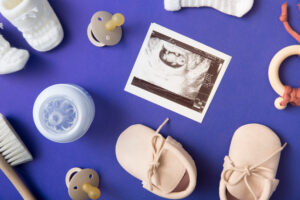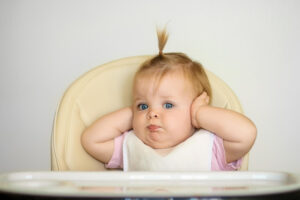Finding the appropriate nappies is an important decision for all new parents, with options and considerations such as cost, size, absorbency and ease of use to take into account.
A good nappy should be highly absorbent and draw moisture away from baby’s skin. If leakage persists despite your baby being within their weight chart’s recommended size range, it may be worth going up one size.
Size
There is an assortment of sizes and styles of nappies to select from when searching for the ideal nappy for your child. A quality nappy should absorb both urine (wee) and stool (poo), using soft materials around an absorbent core. Furthermore, an effective nappy should also be highly breathable to reduce risk of nappy rash; look out for tabs which are easily adjustable, resealeable as well as providing ample sticking area – this should make nappy shopping an enjoyable experience!
Nappy leaks may be the result of using too small or improperly placed nappies, so it’s advisable to read and follow the guidelines on packaging to find one suitable for your child. If they experience nightly leakage issues, considering going up one size while making sure that their fit remains appropriate – but ensure it does not become looser over time.
Reusable cloth nappies offer an eco-friendly alternative to disposables, and can be purchased in bulk and washed by machine or by hand. When shopping in bulk for cloth nappies it’s essential that unit pricing be used when budgeting; additionally investing in nappy covers and liners to make cleaning and drying simpler can make the switch simpler over time – plus they won’t expose baby’s delicate skin to potentially hazardous substances found in many disposables.
Absorbency
Absorbency should be the top consideration when selecting the ideal nappy. Babies’ skin can be sensitive, and you want something soft against their delicate surface while holding in any runny poops that may arise.
Absorbency of nappies can be measured by their thickness; for maximum absorption rates and to prevent leaks, choose thick and soft materials encasing an absorbent core.
If you are using disposable nappies, check the packaging to learn how much absorbing capacity each nappy offers. In particular if you have a newborn baby, leg and waist elastic are key for ensuring a secure fit; additionally a wetness indicator can let you know when their diaper has become wet without disturbing them too much!
Nappy sizes are determined by weight; however, every baby grows at different rates; therefore it’s wise to test out various sizes before settling on one. If your baby is experiencing leakages frequently then perhaps their nappy may be too small a size.
Cloth nappies are better for the environment because they don’t need to be discarded, but this requires a great deal of washing and drying cycles if you choose this route. Be sure your washing machine and tumble dryer are energy efficient if going this route; additionally, consider purchasing smaller packs if cost savings is important; otherwise you could end up with an overly full stack as soon as your baby outgrows them all too quickly!
Ease of Use
No matter if you choose disposable or reusable nappies, it is key that the design be user-friendly. When recruiting grandparents, childcare providers, or nurseries for babysitting and nap times assistance, having easy-to-use poppers, adjustable tabs, and wetness indicators that change color when wet is key for smooth execution of baby care services.
Make sure to regularly assess the fit of the nappy (and reweigh your baby) to make sure he or she is wearing the correct size nappy – any leakages could indicate too small a size nappy!
As part of your waste reduction strategy, it’s worth checking the environmental credentials of brands you are considering when selecting disposable nappies for your baby. An eco-friendly diaper will be fully biodegradable without containing plastics or harmful chemicals and made from sustainably-sourced materials; some disposables offer added convenience if your little one can’t potty themselves during illness and needs an immediate change; disposables don’t necessarily represent bad options if chosen properly – just ensure it has full range of sizes that accommodates child development – investing in emergency spares may save from being caught off guard in any unexpected circumstances!
Environment
Reusable nappies are better for the environment than disposables in terms of landfill waste and greenhouse gas emissions, water consumption, chemical usage, deforestation and the consumption of nonrenewable resources.
Reusable nappies are soft against baby’s skin, allowing for better airflow that helps prevent nappy rash. Furthermore, they’re customizable and stylish – some even come equipped with inserts for heavy wetting overnight!
Disposable diapers are more convenient and quicker to use than reusables, though their chemicals may irritate baby’s sensitive skin. Slim and lightweight designs allow for easy packing; several brands and sizes cater to children of various ages and weights.
Finding a suitable nappy requires some trial and error, but soon you’ll have one that fits perfectly for your child. While you might try out different kinds of nappies before finding one you like best, be sure to read reviews about each product as you do so; some parents choose disposables while others use cloth nappies exclusively, or combine both options into their arsenal; in the end what matters is that your baby feels secure and content with whatever choice they make! Good luck nappy shopping!





